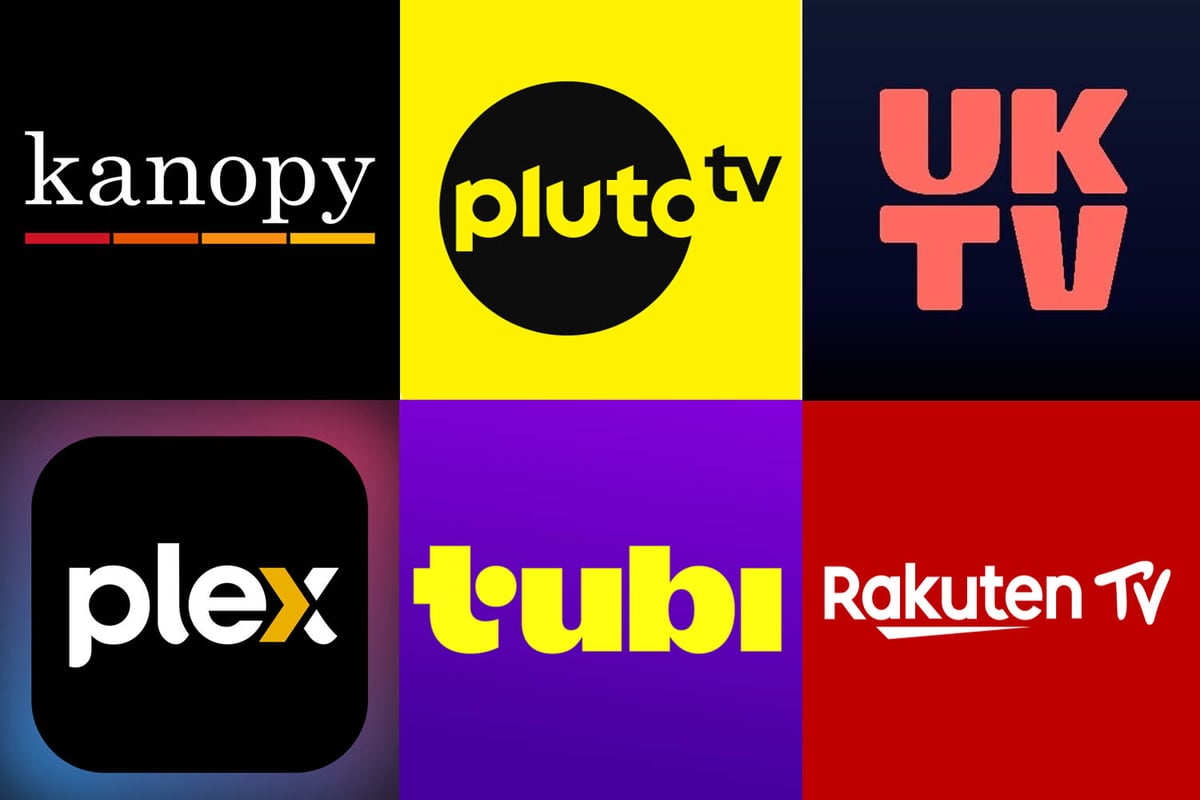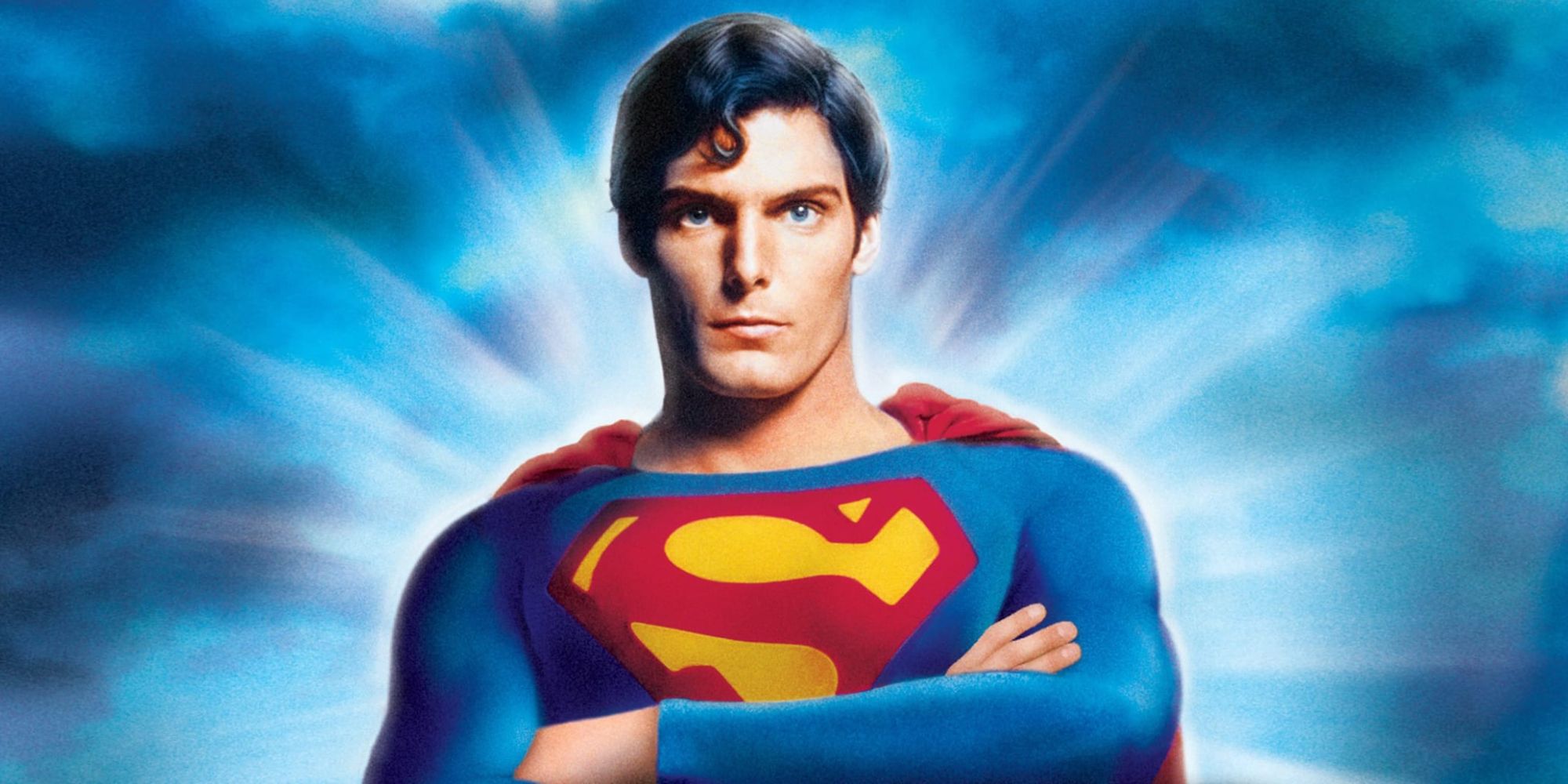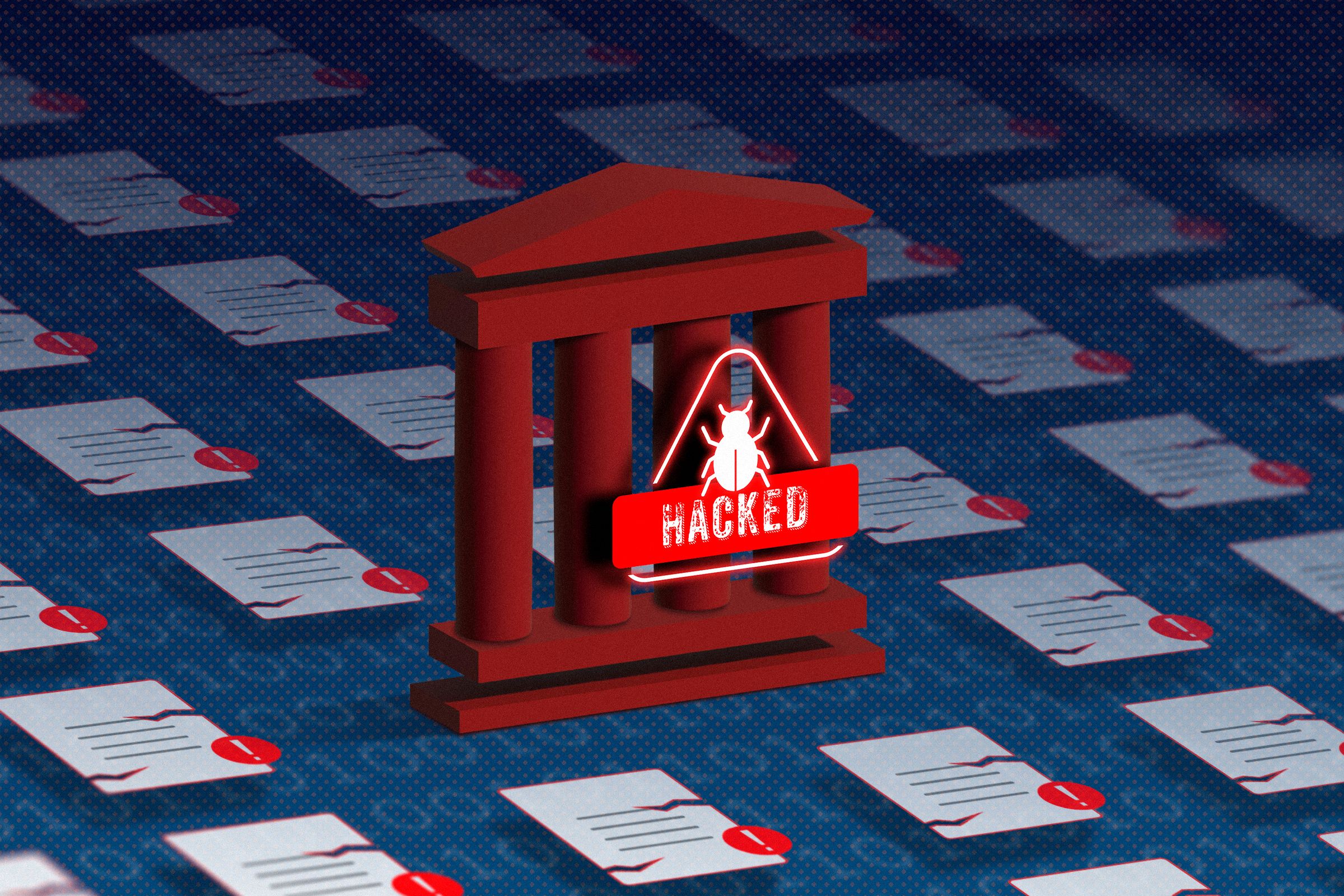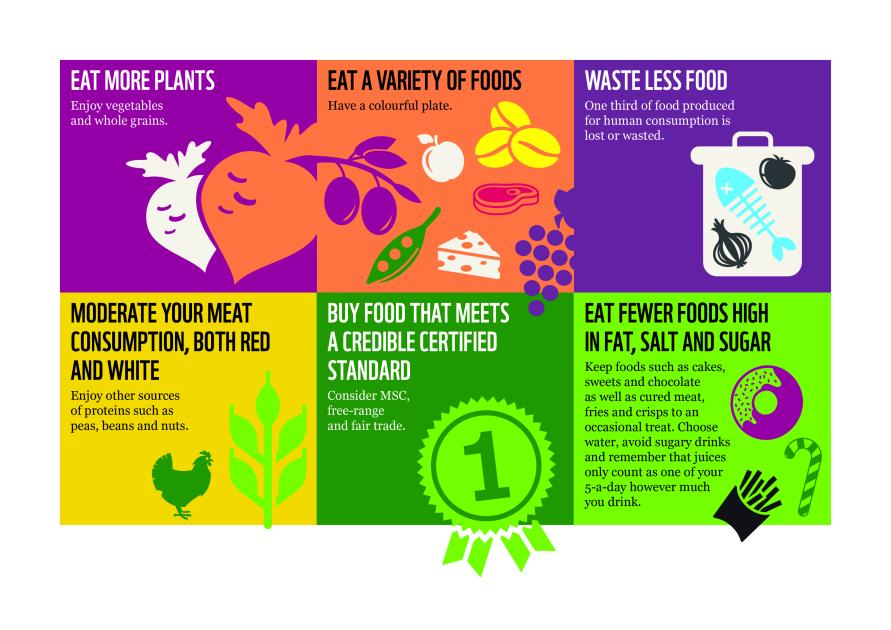
It is difficult not to join the chorus of people bemoaning the 4:15 p.m. sunsets we have been experiencing in the Northeast. Even the most hardened New Englanders seem to agree, very few people like the darkness this time of year. Recently, however, I found myself reflecting on one of my favorite memories from this year—seeing the Milky Way for the first time on a rural Rhode Island shore.As light pollution increases and the night sky becomes on average 10 percent lighter each year, the Milky Way is something that only 20 percent of people in North America can see. And I remembered: This magnificent view of God’s glorious creation is only possible in darkness.
We have an instinct toward warmth and light, both spiritually and physically. As Christians, after all, we are a people made for light, a people called to draw near to and bring about the light of Christ in the world. Yet we sometimes forget, or perhaps choose to ignore, that Jesus was born in the midst of the darkness. Under the imperial grip of Rome, in poverty, with the threat of persecution already looming, Jesus came into the world. And there he stayed, joining himself with the poor, the widowed, the orphaned, those who have experienced deep darkness.
We know that God’s light often shines brightest for those who have been through and can recognize real darkness, as God’s radiant peace and gratuitous love stand in sharp contrast to evil, oppression and injustice. We can look to the story of the Israelites for an example. Their time wandering in the darkness of the desert made the light of God’s faithful promises shine even brighter: “The people who walked in darkness have seen a great light; those who lived in a land of deep darkness—on them light has shined” (Is 9:2). To encounter true light, we must also grapple with and confront true darkness.
Our culture today is far too good at avoiding the discomfort of darkness. Constantly scrolling on social media, impulsively shopping for the next best thing, mindlessly reaching for yet another drink at the end of a long day—these are common ways of numbing ourselves to difficult internal and external realities that we do not want to deal with. We fill our lives with artificial light, both literally and figuratively, in an attempt to drown out the darkness.
Advent, a time of quiet preparation, instead invites us to do the hard work of sitting with the darkness in the hope of encountering Christ’s authentic light. As Christmas coincides with the winter solstice (in the Northern Hemisphere) and the anticipation of longer days to come, we are invited to reflect in community on the darkness that exists both in the world and in ourselves, and on our collective longing for light. We are called to remove the artificial lights in our midst and make way for the brightness of God’s transformative light. Prayer services and liturgies often help us approach this through more embodied practices. I often think of the times when lights are turned off in the church, and we sit together in silence while one person lights the candle of another, and slowly and quietly, the entire space is filled with the light of each individual’s candle. It is a beautiful and peaceful sight, one that wouldn’t be visible if not for the initial darkness of the church.
We might also consider what it looks like to do this work outside of the walls of the church—how can we bring more natural light into our world? Organizations like DarkSky International and the National Parks Conservation Association, and federal agencies like the U.S. Fish and Wildlife Service, are working to limit light pollution and protect dark-sky zones and parks as sanctuaries where people can see the natural night sky and experience the grandeur of God’s creation. These spaces also serve as important ecological zones; preserving natural darkness is important for healthy wildlife habitat and migration, as well as reducing unnecessary energy usage.
If you are one of the few people who have been lucky enough to witness a natural night sky, you know just how awe-inspiring it is. I will always remember that night I first saw the Milky Way. We had to wait late into the night to make the trek down the beach and get far away enough from the houses to have an unencumbered view. I remember stumbling through bushes and tripping over rocks as the artificial lights faded away and we went deeper into the darkness. It was then, and only then, that the darkness gave way to the stunning light. Against the backdrop of the dark sky, the glistening stars and resplendent swirls of color and light reflected the glory and beauty of our God: “The heavens are telling the glory of God, and the firmament proclaims God’s handiwork” (Ps 19:1).
My prayer this Advent is that when both the literal and the spiritual darkness of the world feels overwhelming, we do not turn away. May we resist the temptation to drown out the darkness with the artificial light of the world of screens, consumption and individualism. May we instead courageously and creatively confront the darkness, and do so in community with a spirit of radical love and hope, much like Christ himself. For that is the path to the kind of light reflected in the stars against the darkest of skies—the authentic, transformative light of God.
Katie Glenn Brown is a climate advocate and policy professional working for the National Religious Partnership for the Environment. She received her bachelors in Political Science and philosophy from Saint Mary’s College of Notre Dame, In., and her master’s in theological studies from Boston College Clough School of Theology and Ministry.
Your source for jobs, books, retreats, and much more.
Copyright © 2024 America Press Inc. All Rights Reserved.
Password reset instructions will be sent to your registered email address.
As a frequent reader of our website, you know how important America’s voice is in the conversation about the church and the world. We can’t do it without you—America Media relies on generous support from our readers. Please visit our membership page to learn how you can invest in our work by subscribing to the magazine or making a donation.
If you’re already a subscriber or donor, thank you! If you login and register your print subscription number with your account, you’ll have unlimited access to the website. Please contact us at members@americamedia.org with any questions.









